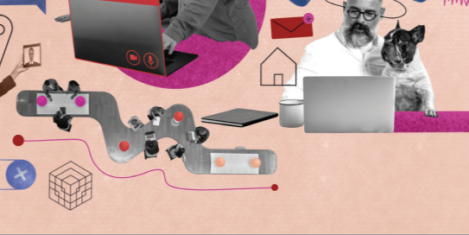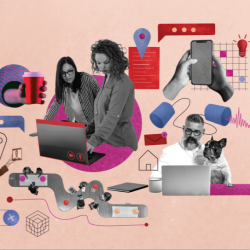May 13, 2024
The Great Resignation has given way to The Big Stay, says the CIPD
 The luxury belief that was the so-called Great Resignation, appears to be over, even if you assume it ever existed. Workers are increasingly staying put in their current jobs and more employers are holding steady on staffing levels as the labour market slows, according to the CIPD’s latest Labour Market Outlook report. The survey shows more than half (55 percent) of employers are looking to maintain their current staff level – the highest level since winter 2016/17. The CIPD’s new report, based on a quarterly survey of 2,009 employers, also cites data from the ONS vacancy survey and analysis on turnover from the Labour Force Survey, with all indicators pointing to lower staff attrition in 2024 and trends returning to pre-pandemic levels. (more…)
The luxury belief that was the so-called Great Resignation, appears to be over, even if you assume it ever existed. Workers are increasingly staying put in their current jobs and more employers are holding steady on staffing levels as the labour market slows, according to the CIPD’s latest Labour Market Outlook report. The survey shows more than half (55 percent) of employers are looking to maintain their current staff level – the highest level since winter 2016/17. The CIPD’s new report, based on a quarterly survey of 2,009 employers, also cites data from the ONS vacancy survey and analysis on turnover from the Labour Force Survey, with all indicators pointing to lower staff attrition in 2024 and trends returning to pre-pandemic levels. (more…)




































April 29, 2024
Stress, anxiety and a beamish response to it all
by Mark Eltringham • Comment, Legal news, Workplace